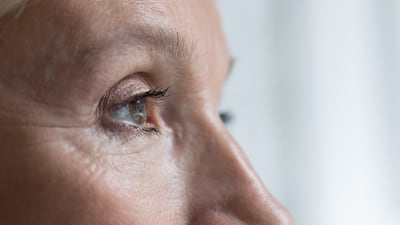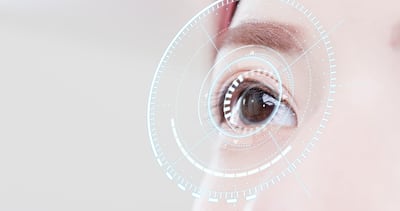Ophthalmology
Sandoz’s aflibercept biosimilar Enzeevu launch in Canada comes just a few days after the firm signed a multiple asset deal, including an undisclosed ophthalmology product, with Alvotech, which recently gained immediate launch for its Eylea rival in the country.
Just a few days after Alvotech announced global settlements for its Eylea rival, Samsung Bioepis has followed up with its own agreements with the originators.
Alvotech has ticked off all of the remaining patent-related matters for its aflibercept biosimilar, with multiple market entries expected in 2026.
Multiple Chinese biotechs are seeking to raise new funds through IPOs on the Hong Kong and Beijing stock exchanges to support international clinical trials for their first-in-class molecules.
The company announced positive preliminary results from its Phase II study of the gene therapy in geographic atrophy secondary to dry age-related macular degeneration.
Back-to-back FDA nods for generic Restasis and ProAir highlight Amneal’s growing strength in complex sterile and inhalation manufacturing.
Korean firm’s Eydenzelt biosimilar win full label alignment with Eylea, including all approved ophthalmic indications.
Deal gives NTC exclusive rights to commercialize Formycon and Klinge’s Baiama aflibercept biosimilar in Italy, expanding Formycon’s growing network of European ophthalmology partners.
UK ruling clears the way for Alvotech to stockpile its aflibercept biosimilar ahead of Eylea’s SPC expiry later this month, positioning the firm for a day-one launch across Europe and the UK.
Outlook Therapeutics believes its revised filing addresses the FDA’s sole remaining concern from an August complete response letter, setting up a potential mid-2026 decision on its wet AMD therapy.
Pharma business development teams are adapting M&A and licensing strategies amid market volatility and looming patent cliffs.
On the back of long-term durability data expected from a Phase II study in the fourth quarter, NovaBridge plans to advance VIS-101 into a Phase III head-to-head trial against Roche’s Vabysmo.











